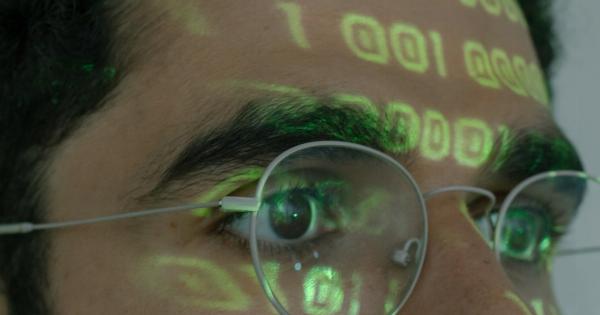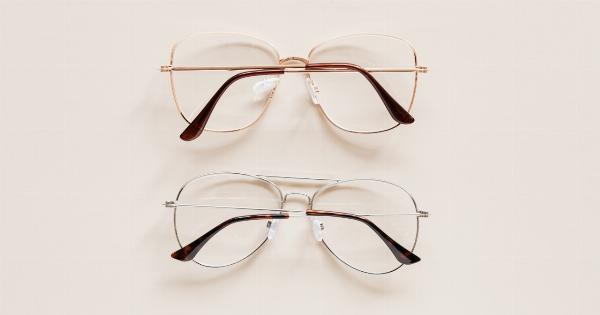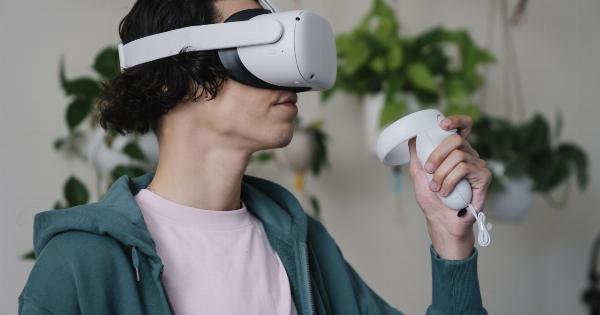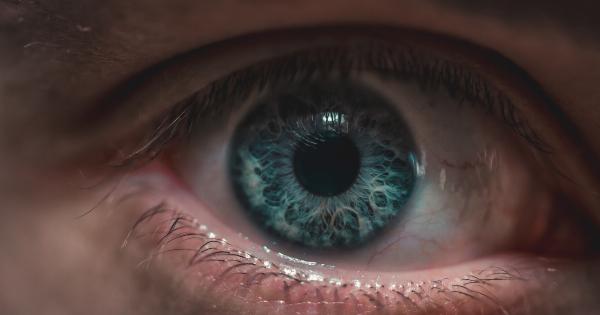Dementia is a progressive and debilitating condition that affects millions of people worldwide. It is characterized by a decline in cognitive abilities, including memory loss, impaired judgment, and difficulty with language and communication.
While dementia is primarily associated with the brain, there is increasing evidence that it can affect other parts of the body, including the eyes.
What are the Eye Issues Associated with Dementia?
There are several eye issues associated with dementia. These include:.
1. Visual Hallucinations
Visual hallucinations are a common symptom of dementia, affecting up to 60 percent of people with the condition. Individuals with dementia may see things that are not there, such as people, animals, or objects.
These hallucinations can be distressing and may contribute to social isolation and further decline in cognitive function.
2. Impaired Contrast Sensitivity
Contrast sensitivity refers to the ability to distinguish between light and dark. Impaired contrast sensitivity is a common symptom of dementia and can make it difficult for individuals with the condition to navigate their environment.
This can contribute to falls and other accidents, further impairing cognitive function and quality of life.
3. Color Vision Deficits
Dementia can also affect color vision, making it difficult to distinguish between different colors. This can pose challenges in many areas of daily life, including cooking, dressing, and reading. It can also contribute to falls and other accidents.
4. Vision Field Loss
Some individuals with dementia experience vision field loss, which is a loss of vision in one or both eyes. This can further impair cognitive function and make it difficult to navigate the environment, increasing the risk of falls and accidents.
What is the Connection Between Eye Issues and Dementia?
While the relationship between eye issues and dementia is not yet fully understood, research suggests that the two conditions are linked. There are several potential explanations for this connection.
1. Damage to the Brain
Dementia is primarily caused by damage to the brain, which can affect cognitive abilities such as memory, language, and judgment.
However, the same damage that affects these areas of the brain may also affect the visual pathways that are responsible for processing visual information. This can result in the eye issues that are commonly seen in individuals with dementia.
2. Shared Risk Factors
There are several risk factors that are associated with both dementia and eye issues, such as high blood pressure, diabetes, and high cholesterol. These risk factors could contribute to both conditions, although the exact relationship is not yet clear.
3. Medications
Some medications that are commonly used to treat dementia may also affect vision. For example, certain medications can cause blurred vision or other visual disturbances.
This can contribute to the eye issues that are commonly seen in individuals with dementia.
What Can be Done About Eye Issues in Dementia?
While there is no cure for dementia, there are several strategies that can help to manage the eye issues associated with the condition. These include:.
1. Medications
Medications may be prescribed to manage some of the eye issues associated with dementia, such as hallucinations or color vision deficits.
However, it is important to note that these medications may come with side effects and may not be appropriate for all individuals.
2. Vision Aids
Many individuals with dementia can benefit from the use of vision aids, such as glasses or magnifiers. These aids can help to improve contrast sensitivity and color vision, making it easier to navigate the environment and complete daily tasks.
3. Environment Modifications
Modifying the environment can also be helpful in managing eye issues associated with dementia.
For example, increasing lighting levels, using color contrast, and removing clutter can all make it easier for individuals with dementia to navigate their environment.
4. Education and Support
Finally, education and support can be invaluable in managing eye issues associated with dementia. Caregivers and family members can learn strategies to help individuals with dementia cope with visual issues and provide support as needed.
Conclusion
The eye issues associated with dementia can be distressing and challenging both for individuals with the condition and their caregivers.
While the connection between these two conditions is not yet fully understood, there are several strategies that can help to manage eye issues in dementia. These include medications, vision aids, environment modifications, and education and support. By implementing these strategies, individuals with dementia can enjoy a better quality of life despite their visual challenges.



























